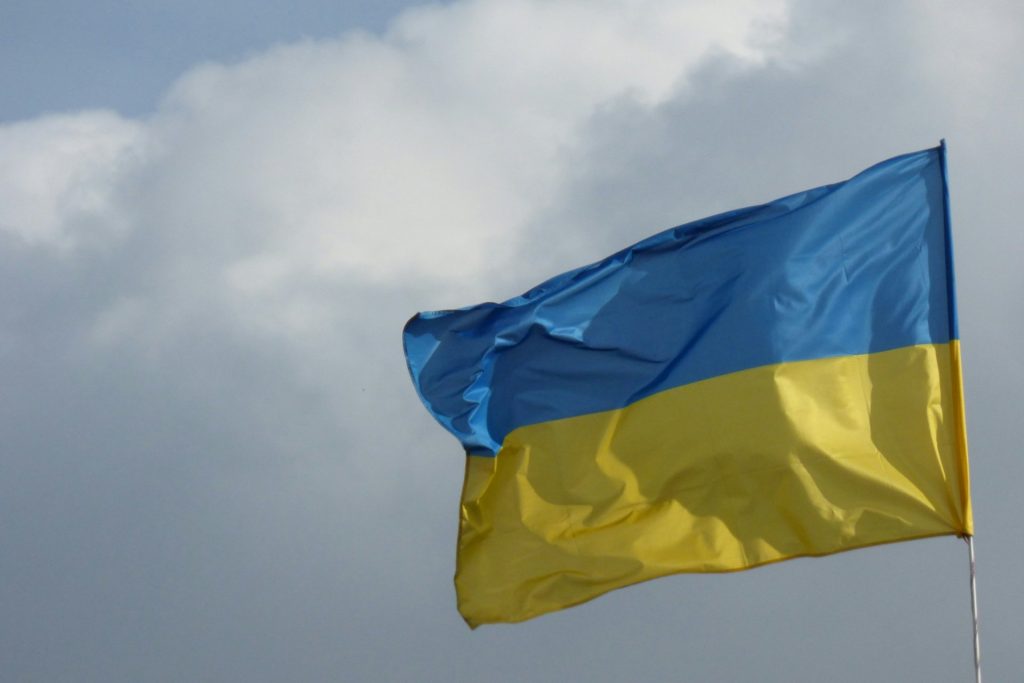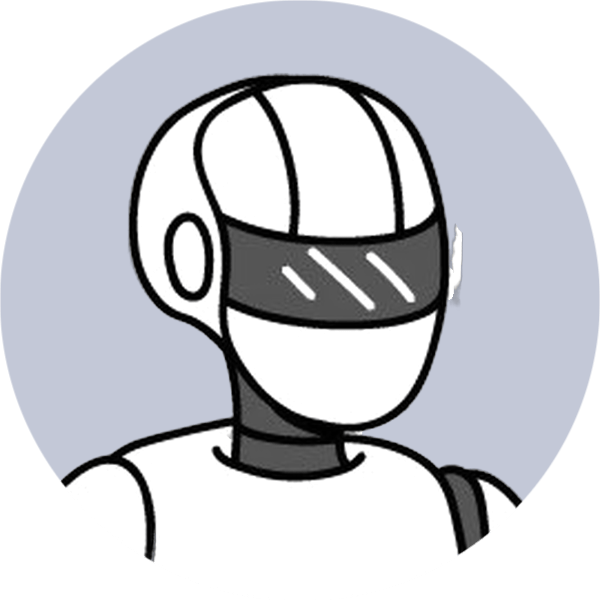
Ukraine’s Tech Transformation Amidst Conflict
Emerging challenges are often catalysts for innovation, and Ukraine exemplifies this trend. Despite the ongoing conflict, the nation is channeling its tech industry to foster adaptability and technology development. Sergey Tokarev, co-founder and general partner of the investment group Roosh, underscores the immense potential within this transformation. He points out that the crisis has accelerated Ukraine’s progress in artificial intelligence (AI), paving the way for the country to establish itself as a global leader in this domain.
The war has driven significant economic restructuring in Ukraine, further enhancing its tech capabilities. As Tokarev notes, the turmoil has catalyzed rapid advancements in AI, boosted by a cost-effective workforce and less stringent digital regulations than those in the European Union. At present, Ukrainian AI startups boast a combined valuation of approximately $16 billion. Prominent companies like Grammarly and Preply have garnered significant international attention and investment, showcasing the potential of Ukraine’s thriving tech sector.
The Role of Government and Private Sector Collaboration
Developing a dynamic AI ecosystem in Ukraine involves intricate collaboration between the private sector and government entities. Tokarev emphasizes the crucial nature of this partnership, particularly regarding the formulation of AI regulations. The proactive involvement of the private sector with Ukraine’s Ministry of Digital Transformation is instrumental in the country’s advancements. Nevertheless, recent initiatives, such as the Ministry’s white paper on AI, have attracted criticism for their superficiality. Tokarev stresses that robust dialogue between public and private spheres is essential for crafting effective innovation strategies that can sustain growth in the AI industry.
Education and workforce development are crucial aspects of Ukraine’s ascent as a tech leader. Over the last decade, the number of professionals in AI and machine learning has surged fivefold. A highly skilled workforce is key to implementing advanced technologies successfully. In an era of rapid technological evolution, it is imperative to cultivate a workforce that can adeptly adapt to these changes, ensuring competitiveness in the global marketplace.
Innovation in Dual-Use Technologies
The conflict has also accelerated the development of dual-use technologies, which serve both military and civilian purposes. Tokarev highlights startups like Transimpex, which focus on landmine clearance in war-affected regions. Such initiatives illustrate the versatility of AI, applying its capabilities to diverse fields such as agritech alongside military applications. The global scalability of these dual-use technologies not only supports Ukraine’s reconstruction efforts but also provides solutions relevant to other nations encountering similar issues in the future.
While Ukraine is making remarkable advancements, Europe struggles to keep pace with the AI innovations observed in the U.S. and the U.K. Tokarev cautions that stringent EU regulations may hinder innovation, potentially putting Europe at a disadvantage. Investments from U.S. firms, such as Microsoft’s funding for the French startup Mistral AI, reveal growing American interest in the European tech market. However, if Europe fails to refine its regulatory framework, it risks falling further behind leading AI economies.
Ukraine’s Position in the AI Landscape
Notably, Ukraine ranks second in the number of AI companies across Central and Eastern Europe. Tokarev believes this achievement is no mere coincidence. The nation’s resilience and capacity for innovation, even amid conflict, have positioned it as a formidable entity in the global AI landscape. He suggests that Ukraine’s experience offers significant insights for other nations, particularly regarding how to transform adversity into a springboard for technological progress.
HAL149 is an AI company dedicated to creating custom AI assistants for businesses. Our solutions enhance efficiency and growth potential by automating tasks like customer service, content generation, lead acquisition, and social media management. Learn more about us at our website or contact us via contact form or email at hola@hal149.com.
